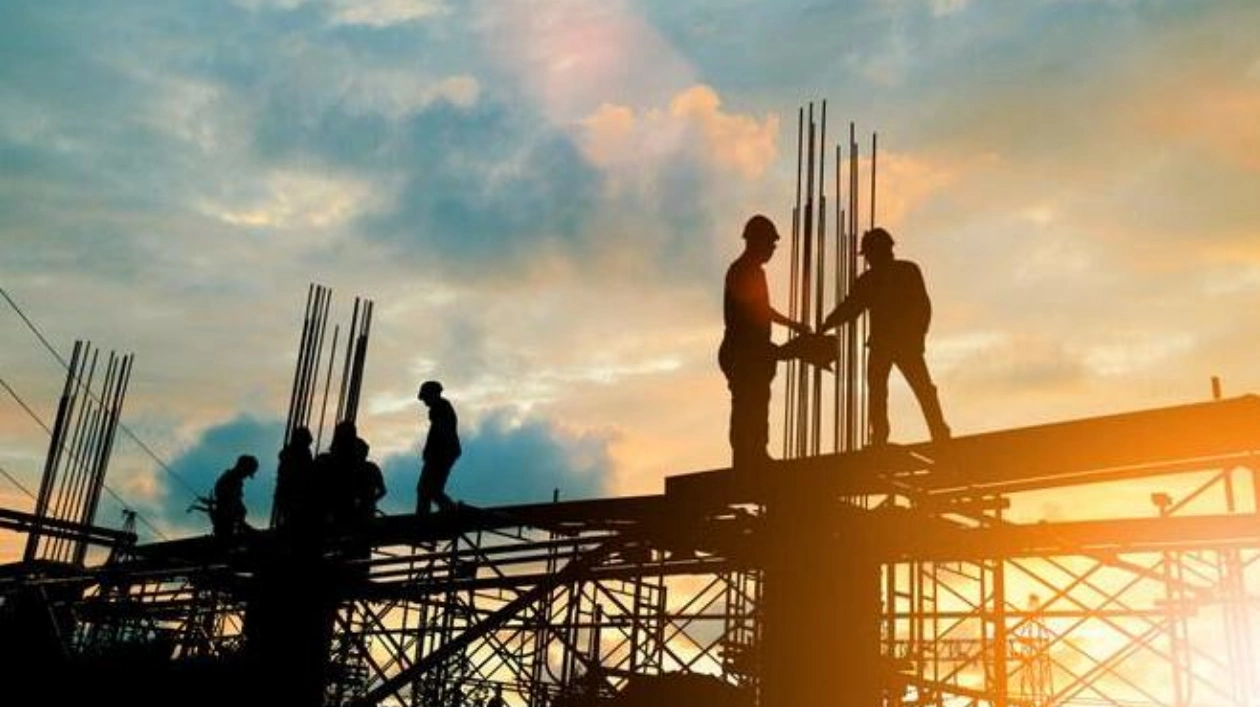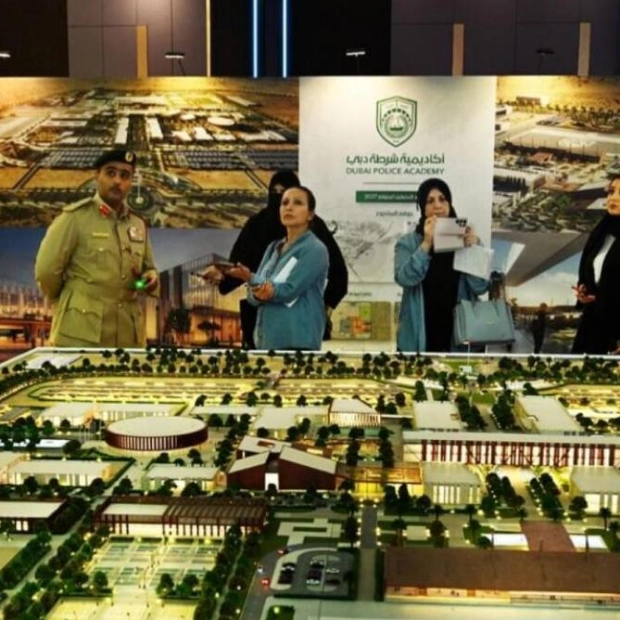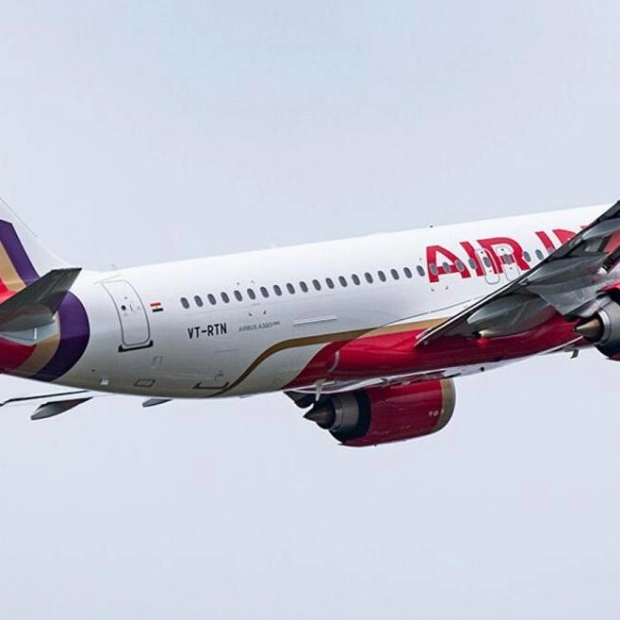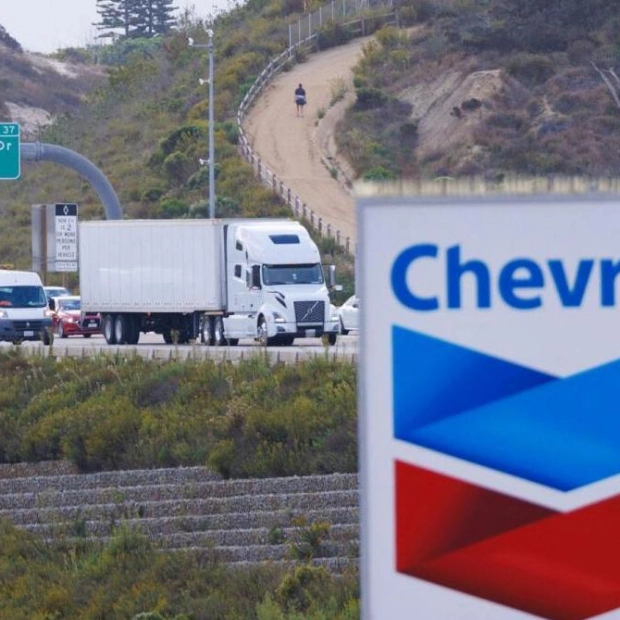RIYADH: Saudi Arabia’s construction sector remains robust, with contract awards reaching SR185 billion ($49.3 billion) in the first half of the year, according to a senior executive.
During a webinar hosted by the US-Saudi Business Council, Albara’a Al-Wazir, the council’s director of economic research, disclosed that this figure marks a 47 percent rise compared to the previous year. He noted that 2024 is already surpassing 2023’s performance at this time last year. “In Q2, the value of contract awards hit approximately $17.6 billion, or about SR66 billion, reflecting an 11 percent year-over-year growth,” Al-Wazir stated.
He further emphasized that the construction sector’s success is due to strong collaboration between the government and the private sector, aiding in achieving Vision 2030 goals. “The private sector’s contribution was 4.9 percent, indicating substantial growth in construction contracts,” Al-Wazir added.
The construction index, which monitors activities expected to transition into execution within six to 18 months, surged to 271 points, showing a 33 percent year-over-year increase.
Sector-specific growth highlights included the oil and gas sector, which accounted for 41 percent of total contract awards, with a 505 percent year-over-year growth in Q2, largely driven by Saudi Aramco’s projects. The real estate sector also grew by 8 percent year-over-year, with residential real estate being a focal point as the Kingdom aims for 70 percent homeownership by 2030. Water infrastructure projects saw a 26 percent year-over-year growth.
Regionally, the Eastern Province dominated with 59 percent of total contract awards, primarily due to oil and gas projects. Riyadh saw growth in the real estate sector, accounting for 56 percent of contracts, with key projects including educational and healthcare infrastructure.
Saudi Arabia’s urban landscape is transforming, moving from a centralized model to a polycentric approach, according to Elias Abou Samra, CEO of RAFAL Real Estate Development Co. This shift is creating new investment and employment opportunities, particularly in sectors like mining and electric vehicle production.
Abou Samra also highlighted the Kingdom’s progress in human capital development, noting that Saudi Arabia created 1 million jobs in 2023 and is on track to surpass this in 2024. The premium residency program has made the Kingdom an attractive destination for expatriates, offering new investment opportunities.
While acknowledging areas needing improvement, such as economic efficiency, Abou Samra emphasized the government’s commitment to enhancing the multiplier effect and public sector efficiency.
Saudi Arabia continues to prioritize social and physical infrastructure development, with physical infrastructure projects serving as the backbone for national developments. Gross fixed capital formation increased by 3.2 percent, with private sector contributions growing by 5.3 percent.
The Kingdom’s focus on public-private partnerships and attracting foreign direct investment is expected to reshape its business landscape, fostering innovation in technology, urban planning, and renewable energy.
Al-Wazir reaffirmed the construction sector’s trajectory, stating that Saudi Arabia is on course to meet many Vision 2030 targets, driven by substantial investments and an expanding private sector role.
Source link: https://www.arabnews.com






